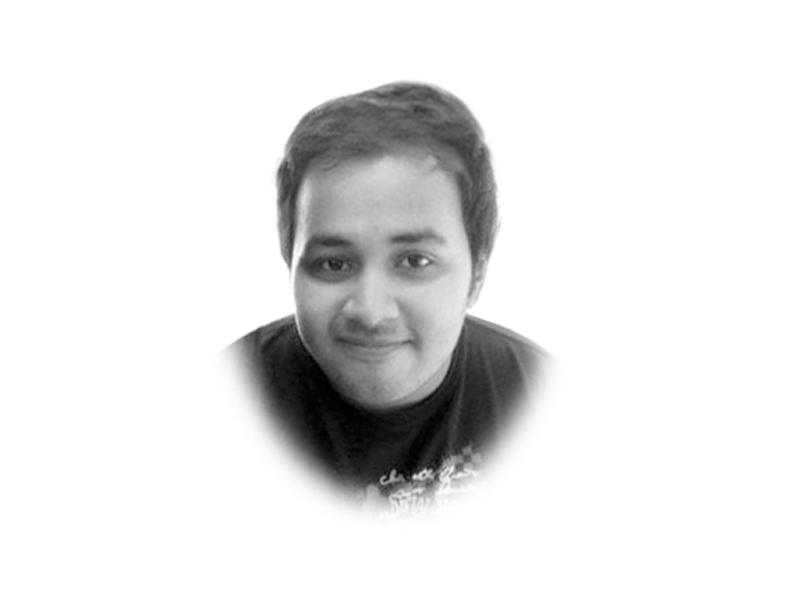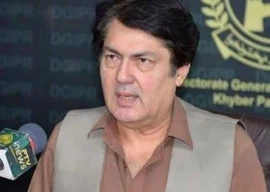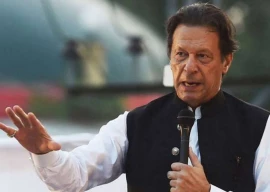
The sudden boom in the number of Asian writers was a breath of fresh air for most readers. Works of Jhumpa Lahiri, Khalid Hussaini, Mohsin Hamid and Anita Desai, to name a few, were picked off the shelves with high expectations. Why? Because deep down, we are an ethnic group dominated by foreign literature, we have no one to pen down our traditions, our social norms and values. While these writers gladly filled that gap, what is lacking in most Asian literature is universality. All books appear to have similar themes, which mostly focus on social injustices, with an Asian narrative almost central to the plot. Furthermore, the works appeal to only a particular audience, the Asians only. Surely Western readers do not want to sympathise with a boy, whose name (Asian) makes him an outcast in his school in America (The Namesake by Jhumpa Lahiri), neither does highlighting oppression of women, so much so that Asian women have become the world’s stereotypical victims of male-domination, ignorance and hide-bound religious belief (Khalid Hussaini’s Kite Runner and A Thousand Splendid Suns, Sold by Zana Muhsen, Daughters of Arabia, as narrated by a Saudi princess to Jean P Sasson).
Hence the point that Asian writers appeal more to empathy by the readers, rather than wowing their audience with the genius of a catching storyline. Asian writers have won international awards, for writing about Asia ONLY! This begs the next question: will readers ever get to read a modern Asian classic? And what would it be like? A narrative could be set in the times of British India, or even in Bangladesh post-1971. The people in the story would be well-versed not only in English but also in their local languages. Women have always been central to the plot, but they could run the reigns of the narrator’s household for a change. The novel could include proses of famous poets, and would focus more on social morals of Asian culture, such as hospitality, courage and loyalties to our blood ties. The work should target the global audience, and highlight our heritage and diversity, which have mystified Western audiences all these years.
Published in The Express Tribune, January 25th, 2015.





1725254039-0/Untitled-design-(24)1725254039-0-270x192.webp)
1732189200-0/Express-Tribune-(13)1732189200-0-270x192.webp)



1732186994-0/Untitled-design-(10)1732186994-0-270x192.webp)






COMMENTS
Comments are moderated and generally will be posted if they are on-topic and not abusive.
For more information, please see our Comments FAQ